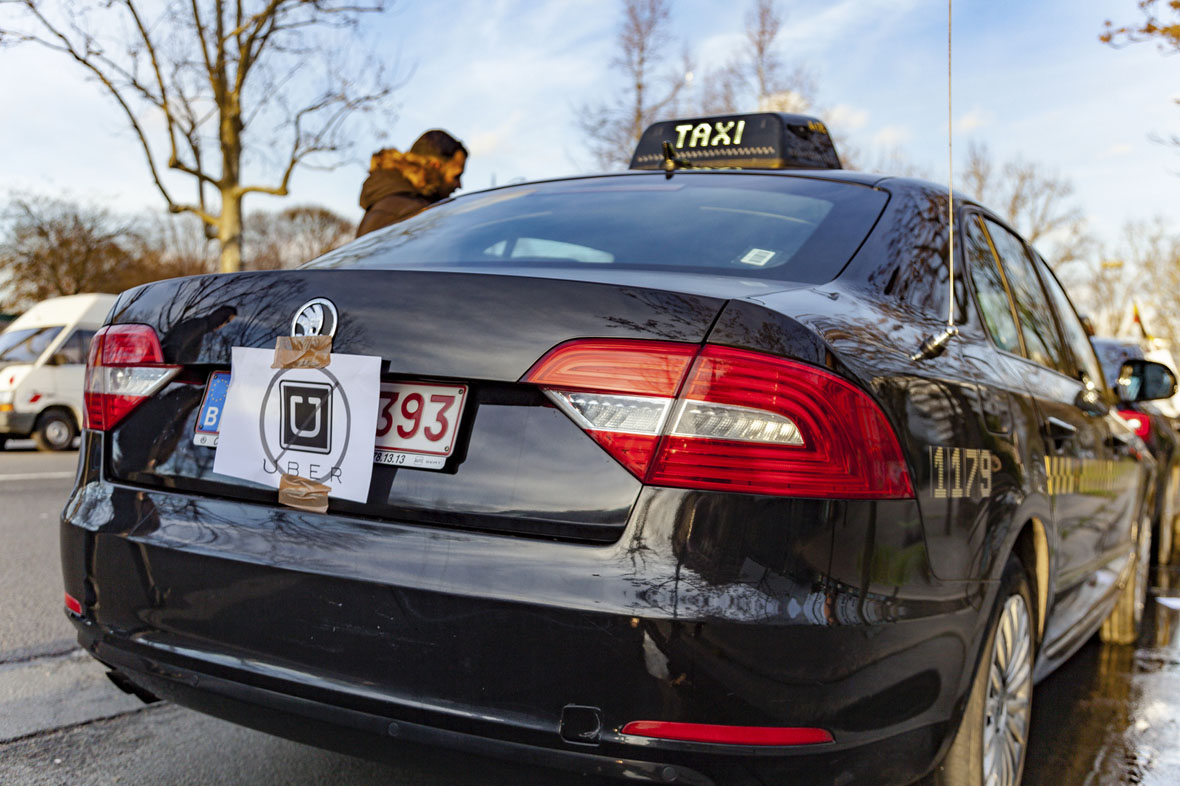Against all odds, Uber just won a major battle in Montreal . Though ridesharing companies have successfully defended themselves against outright bans all over North America, this latest victory was far from guaranteed. Uber had to fight back against Montreal’s mayor, Quebec’s provincial government, the local taxi cartel, and the state-backed electric taxi cab company Téo Taxi.
“Uber’s operations in Quebec were nearly over three months ago, but now the company can legally operate under the amended Law 100.”
Last May Uber faced a certain death in Quebec with the introduction of Bill 100 by the provincial government of Premier Philippe Couillard. If passed, the bill would have treated ridesharing platforms such as Uber in the same manner as the Montreal taxi industry by forcing Uber drivers to purchase taxi permits. These taxi permits are far too expensive for any part-time driver to afford. Uber stated that the bill would have forced it to close its entire Quebec operation.
The ruling government’s anti-Uber stance led to an open revolt among in the center-left Quebec Liberal Party. Just two days after Bill 100 was introduced, rank-and-file members of the QLP openly defied the government at a party convention, and the majority of Quebec Liberals voted in majority to support the sharing economy.
This outrage sparked debate in Parliament, where pressure grew for government to find a way for Uber to continue operating in Quebec. Vocal opposition to Bill 100 came from groups as diverse as the Chamber of Commerce and the environmental organization Equiterre.
On June 7, the government passed the bill with an amendment that delayed the application of the law for 90 days. This delay allowed Uber to continue negotiations with the government and present a pilot project. That last minute amendment outraged socialist opposition members and members of the taxi cartel, who supported the original bill. Despite the menace of disruptive protests by taxi drivers, this summer passed in relative calm with Uber operating normally, which was surely a welcome development for Montreal’s many tourists and business travelers.
Within hours of the pilot program’s deadline, Uber managed to strike a deal with the Quebec government. Some news outlets even reported that the negotiations had failed, based on how late it was in the process.
What is unprecedented in that last-minute agreement is that Uber managed to eliminate the obligation to buy or rent a taxi permit for each of its drivers operating in Montreal, the most problematic feature of Bill 100. Montreal’s taxi industry has profited from a protected market since 1973, and the city has the seventh highest taxi fares in the world according to a study done by UBS. The price of taxi permits, which were worth more than $150,000 recently, are in free fall following the deal with Uber.
In order to secure the deal and keep its Quebec operations open, Uber agreed to collect the sales tax on behalf of its drivers early in the negotiation process. Freelancers in Quebec are not obligated by law to collect and pay sales taxes if they earn under $23,000 annually, which is the case for the majority of Uber’s drivers in Quebec. In other words, to stay in operation, Uber proposed an exception to Quebec’s tax law that largely benefits the government, which will receive millions of dollars in additional sales tax.
The deal also came with some other requirements for Uber such as a “taxi class” license for its drivers, minimum fare requirements, the imposition of a 150,000-hour weekly service cap for all its Quebec operations, and additional fees that go to the taxi industry. Each Uber ride up to 50,000 weekly hours of operation requires the payment of a $0.68 fee to the “taxi industry modernization fund.” This fee increases to $0.84 between 50,000 and 100,000 hours, and $0.96 between 100,000 and 150,000 hours. Similar to the law recently passed by Massachusetts, the payments from ridesharing companies to the taxi industry are blatantly anti-competitive. In both cases, the specific benefits that the taxi industries will receive from the funds are not yet finalized.
The government argues that the new law’s fees are an indirect way of imposing the old taxi permit system on Uber. But in reality, Law 100 is the beginning of the end for Montreal’s taxi cartel . The first dent in the taxi cartel’s protection is the hardest to achieve, and future reforms to Montreal’s for-hire transportation market will be easier. Sensing a changing political landscape that no longer protects their industry, taxi drivers are threatening to strike and even taking legal actions to invalidate the last minute deal between Uber and Philippe Couillard’s Government.
Uber’s operations in Quebec were nearly over three months ago, but now the company can legally operate under the amended Law 100. Though the law was originally intended to kill the ridesharing company’s entire operations in Quebec, it ended up creating a framework that legalizes ridesharing and sets the stage for future reforms. This is a major victory given the wide array of opponents that Uber faced. Law 100 still places anti-competitive restrictions on ridesharing, but the first blow to the Montreal taxi industry’s special treatment in over 40 years is a development that should be celebrated.
This piece originally appeared on Forbes
______________________
Jared Meyer is a fellow at the Manhattan Institute's Economics21. Follow him on Twitter here.
This piece originally appeared in Forbes
